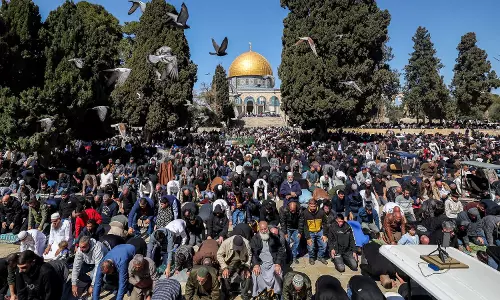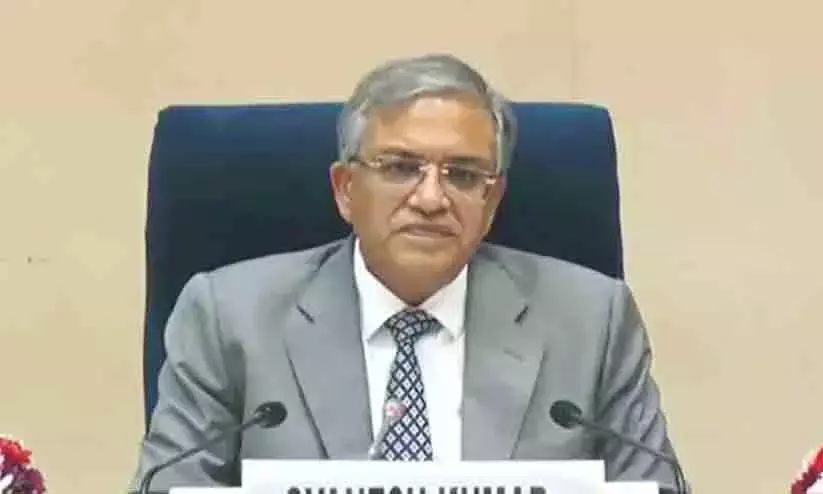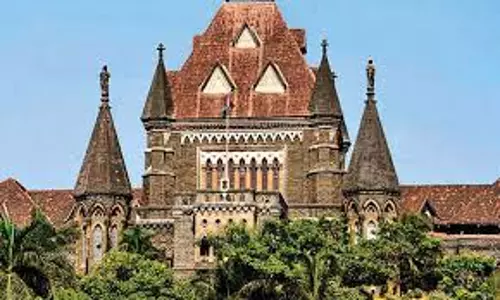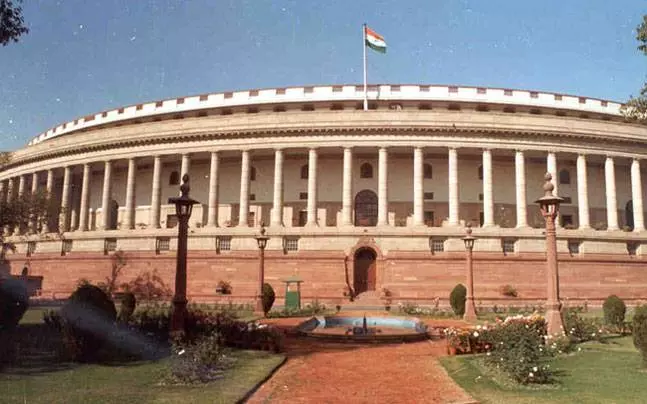
Criminals among legislators
text_fieldsIn the country as a whole, there are 48,589 pending cases in which legislators are accused. The highest number is in Uttar Pradesh – 1374. Kerala stands sixth with 336 cases. It is not a new phenomenon in the country for political parties to field accused persons in election contests and many of them get voted to state assemblies or parliament using muscle and money power, and many of them eventually become even ministers. With each election, this phenomenon only gets consolidated, with no sign of abating. Although the Election Commission has demanded legislation against this, there has not been any favourable response from the government or political parties. The reason is simple: ultimately it is the parliament - composed of a good number of criminals – that has to introduce such legislation amending electoral laws. According to figures released by the body that works for cleansing elections and politics, Association for Democratic Reforms (ADR), there has been a steep increase over the last 15 years in the number of MP's who are implicated in criminal cases.
According to rules of the Election Commission, if at the time of filing nomination a candidate is an accused in any case, he has to declare that in his nomination papers. By and large candidates from different parties do abide by this stipulation, probably to avoid nomination being rejected or being convicted later for violation of electoral laws. For example, in the 2014 Lok Sabha election, SP Udayakumar, who contested on Aam Aadmi Party ticket from Kanyakumari constituency, had disclosed that there were 382 criminal cases against him, including the ones related to participation in popular agitations. Most recently Dean Kuriakose, who contested from Idukki constituency in Kerala on Congress ticket, disclosed 204 criminal cases being pending against him. Among those voted to parliament in 2019 election, BJP had 38.7 percent of its MPs with criminal cases pending, and over 40 percent of MPs from DMK and YSR Congress had involvement in criminal cases. The Supreme Court had ordered in 2014 that in cases with legislators as accused, the cases should be disposed of within a year. In 2017, the Supreme Court asked the government to make a plan to set up special courts to expeditiously dispose of cases against political party candidates and legislators. To bar the entry of criminals into legislative houses, amendment is required in the People's Representation Act of 1951. But the fact is that even the BJP-led NDA, which has a brute majority in current parliament, does not have any interest to bring about such a legislation.
One major objection raised against the proposed legislation is that adversaries will file false accusations to prevent them from electoral fray. If the Supreme Court suggestion is followed and trial courts are able to issue judgements in cases involving major crimes like murder, rape, graft and major corruption within one year, then the parties will be forced to exclude such candidates. In the present scenario, when the standards in politics have seen its ebb and the word 'values' has become an abomination, the change that has come about in the people's minds is also worthy of note. Our politics, stripped of any morality or ethics, has come to such a pass that the voting public are prepared to give allowance to leaders who they think can do something for them, even if they are immersed in crimes and indulge in corruption. This being so, only if legislative reforms are accompanied by an intensive drive to enlighten the population can legislatures and governments be made to change its course. On the contrary, no miracle can be achieved by merely appointing high ranked police officers for inquiries.






















